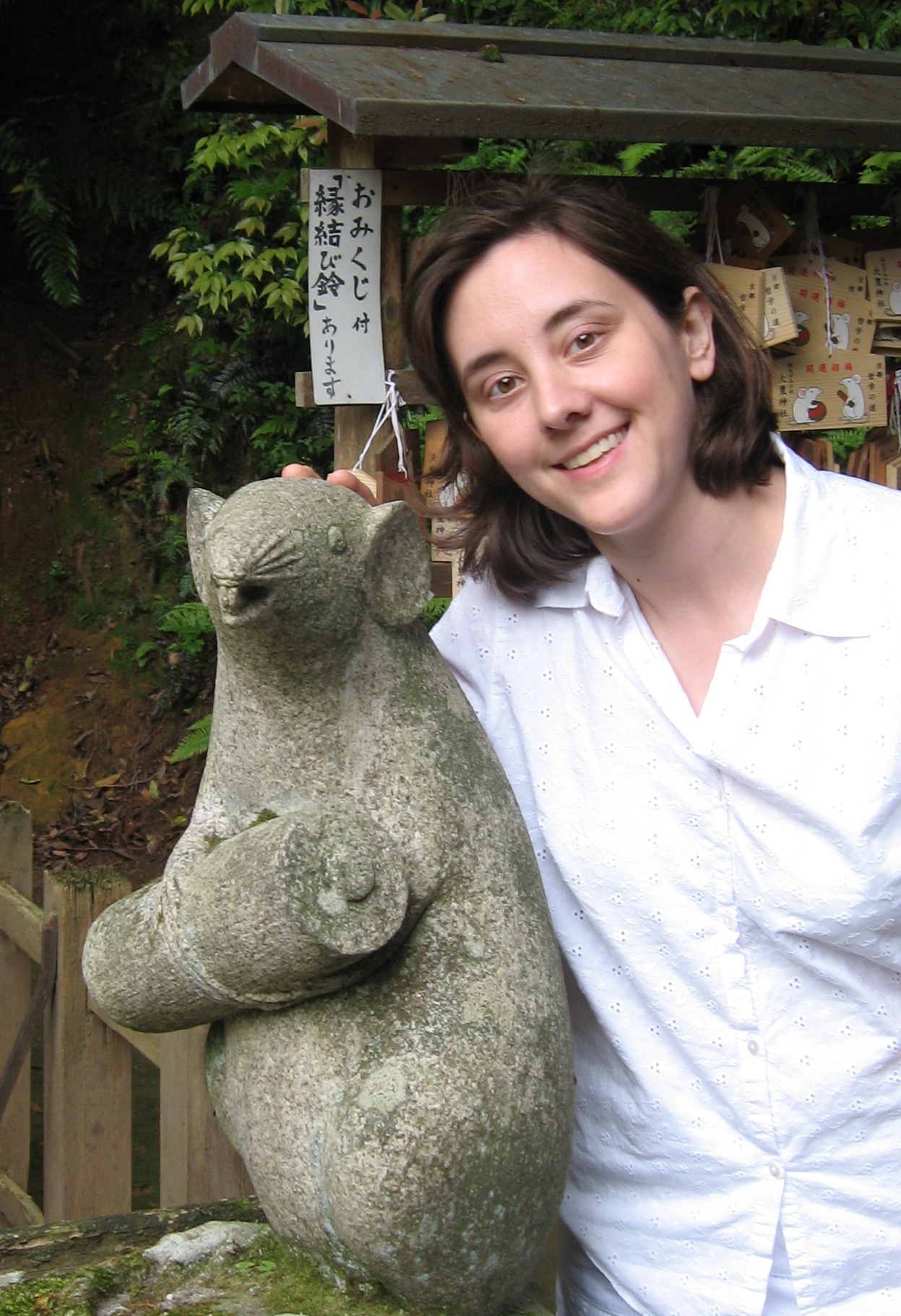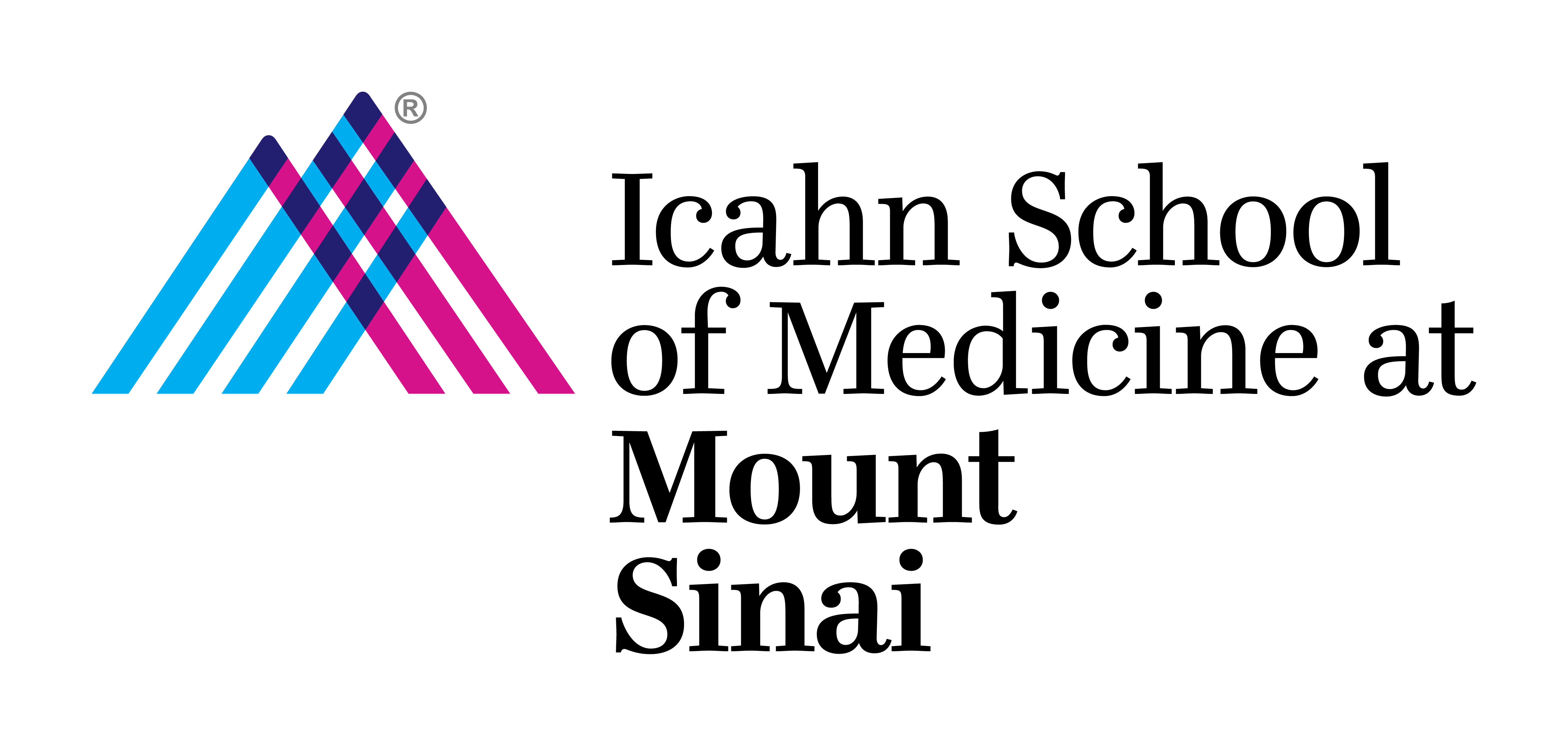The Laboratory for Biological Systems in Stress and Disease studies the systems-level biology of emotional memory and stress in healthy rodents and humans, and examines dysregulation of this biology in animal models of psychiatric disease and human patient populations. We combine modern techniques from systems neurobiology, including optogenetics, in vivo recordings, gene transfer, microarrays, and in vivo calcium imaging, with classic techniques from neuropharmacology, endocrinology, molecular biology, and behavioral neuroscience to address research questions. Our long-term mission is to advance new frontiers in basic science with high translational relevance and provide new biologically-driven, effective treatments for stress-sensitive disease.
Our current lines of research focus on 1) Identifying novel circuit mechanisms for associative emotional memory formation and their dysregulation by stress; 2) Understanding the mechanisms by which emotional memory encoding is modulated; and 3) Studies to identify and characterize the endocrine factors that underlie stress-induced vulnerability to disease including rodent models of post-traumatic stress disorder (PTSD), Major Depressive Disorder (MDD), and obesity, and also understand how these factors regulate normal function in the brain and periphery. We focus on biological factors that are either under- or un-studied, an approach that we believe is key to defining new treatments for disease. We also typically perform longitudinal studies which characterize the impact of stress on behavior and physiology in the weeks to months after stress ceases, an approach that we believe is key to understanding the relationship between stress and disease. Finally, we are increasingly performing studies in both animal and human subjects, an approach that we believe is essential for the validation and translation of our findings.

Contact Us
Ki Ann Goosens, Ph.D.
Associate Professor
Department of Psychiatry
Friedman Brain Institute
Center for Affective Neuroscience
Annenberg 22-78
New York, NY 10029
(212) 241-5959
Key Questions
1) Why does ghrelin remain elevated for so long after chronic stress exposure ceases?
2) Can ghrelin resistance be reversed? Does reversing it decrease disease vulnerability?
3) How does ghrelin resistance in the periphery contribute to stress-associated disease?
4) How does chronic stress impact neuronal ensemble encoding of aversive memories?
5) How do neuronal ensembles compute ‘contingent’ relationships between cues and outcomes?
6) Does an inability to predict or time aversive events contribute to anxiety?
Sample Recent Publications
Yousufzai MIUA, Harmatz ES, Shah M, Malik MO, Goosens KA.Ghrelin is a persistent biomarker for chronic stress exposure in adolescent rats and humans.Transl Psychiatry. 2018 Apr 11;8(1):74. doi: 10.1038/s41398-018-0135-5. PMID: 29643360 Amadi U, Lim SH, Liu E, Baratta MV, Goosens KA., Hippocampal Processing of Ambiguity Enhances Fear Memory. Psychol Sci. 2017 Feb;28(2):143-161. doi: 10.1177/0956797616674055. Epub 2016 Dec 19. PMID:28182526
Harmatz ES, Stone L, Lim SH, Lee G, McGrath A, Gisabella B, Peng X, Kosoy E, Yao J, Liu E, Machado NJ, Weiner VS, Slocum W, Cunha RA, Goosens KA, Central Ghrelin Resistance Permits the Overconsolidation of Fear Memory. Biol Psychiatry. 2017 Jun 15;81(12):1003-1013. doi: 10.1016/j.biopsych.2016.11.009. Epub 2016 Nov 29. PMID:28010876
Selected Reviews
Correia SS, Goosens KA, Input-specific contributions to valence processing in the amygdala. Learn Mem. 2016 Sep 15;23(10):534-43. doi: 10.1101/lm.037887.114. Print 2016 Oct. Review. PMID:27634144
Goosens KA, Hippocampal regulation of aversive memories. Curr Opin Neurobiol. 2011 Jun;21(3):460-6. doi: 10.1016/j.conb.2011.04.003. Epub 2011 May 3. Review. PMID:21546244
Team

JoColl Burgess
Second Year Graduate Student
jocollb@bu.edu

Seh Hong ‘Chris’ Lim
Graduate Student
chrislsh@bu.edu
Alumni
Michael Baratta (Asst. Professor, University of Colorado Boulder)
Vincent C.K. Cheung (Asst. Professor, The Chinese University of Hong Kong)
Susana Correia (Principal Investigator, Cyclerion)
Barbara Gisabella (Asst. Professor, University of Mississippi Medical Center)
Chris Lim (Asst. Professor, Massachusetts General Hospital Institute of Health Professions)
Anna McGrath (PhD Candidate; Temple University)
Lauren Stone (MD/PhD Candidate; Yale University)
Ugwechi Amadi (Author; Consultant)
Natalie Petrossian (Research Associate; Beam Therapeutics)
Related links
Friedman Brain Institute
https://icahn.mssm.edu/research/friedman
Neuroscience Graduate Program at Mount Sinai
https://icahn.mssm.edu/education/phd/neuroscience
Center for Affective Neuroscience
https://icahn.mssm.edu/research/affective-neuroscience
